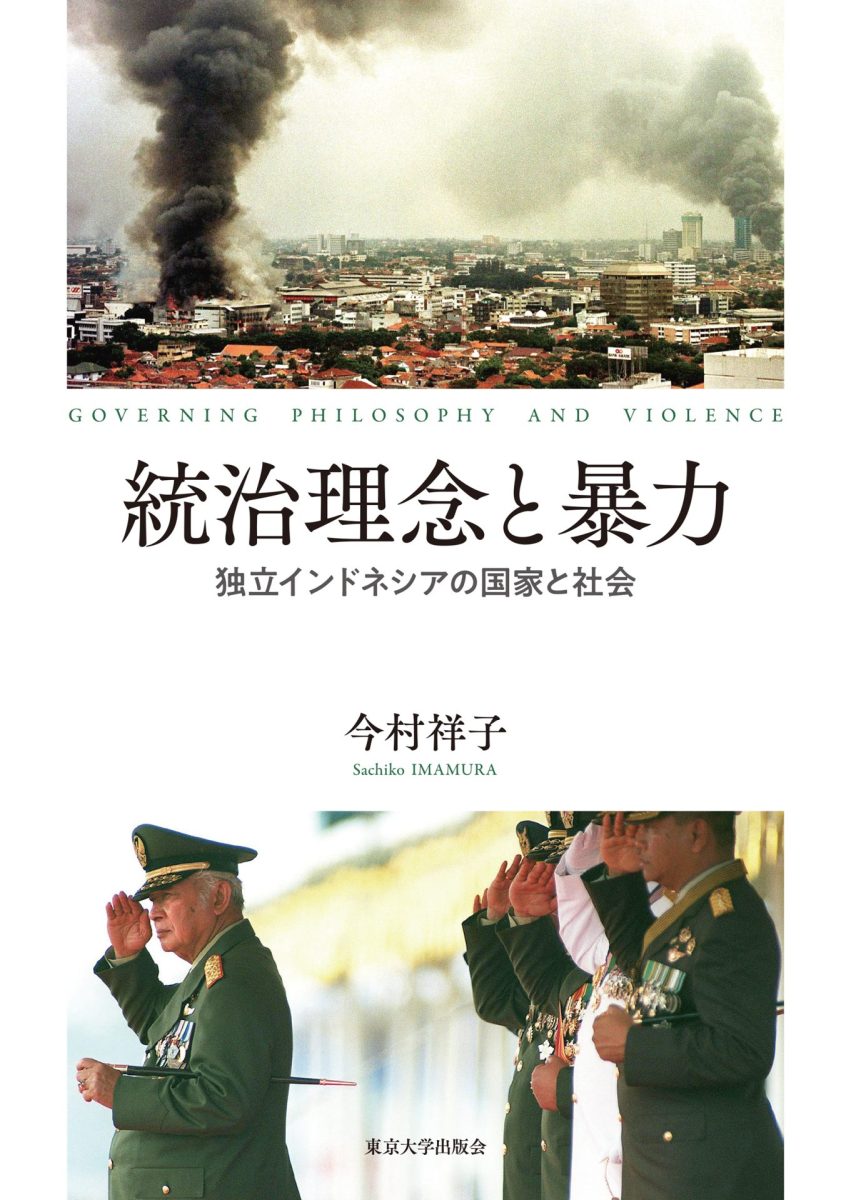From the Author
This book focuses on the ruling style of Suharto, Indonesia’s second president who ruled the country for more than 30 years until May 1998. I aim to shed light on his regime’s peculiarity, that is, the coexistence of orderly institutional rule and periodic outbursts of state-sponsored violence which also mobilized popular violence.
I argue that the Indonesian army, having fought guerrilla warfare for the independence, was keenly aware that ideology was a key in mobilizing the people’s violence. They believed that the attractive ideology was vital to give the people visions on who their enemies were and what they were fighting for.
Suharto’s military regime, with this recognition, shut out all ideologies but “Pancasila,” the state principle, to create political stability, which deprived political parties of their arts to mobilize the people. At the same time, I argue, it created a ruling style in which popular violence, detached from political parties, was drawn out and used by state power as needed.
The book analyzes the state principle “Pancasila,” as the regime’s tool to contain ideology, and examines four cases of the state’s violence under Suharto: the mass killings of 1965–1966, the Tanjung Priok massacre in 1984, the “Mysterious shooters” killings (“Petrus” killings) between 1983–1985, and the May 1998 riots.
Analysis of Suharto’s rule is still an essential clue for understanding present Indonesia, considering Suharto’s legacy still survives. (Sachiko Imamura)
